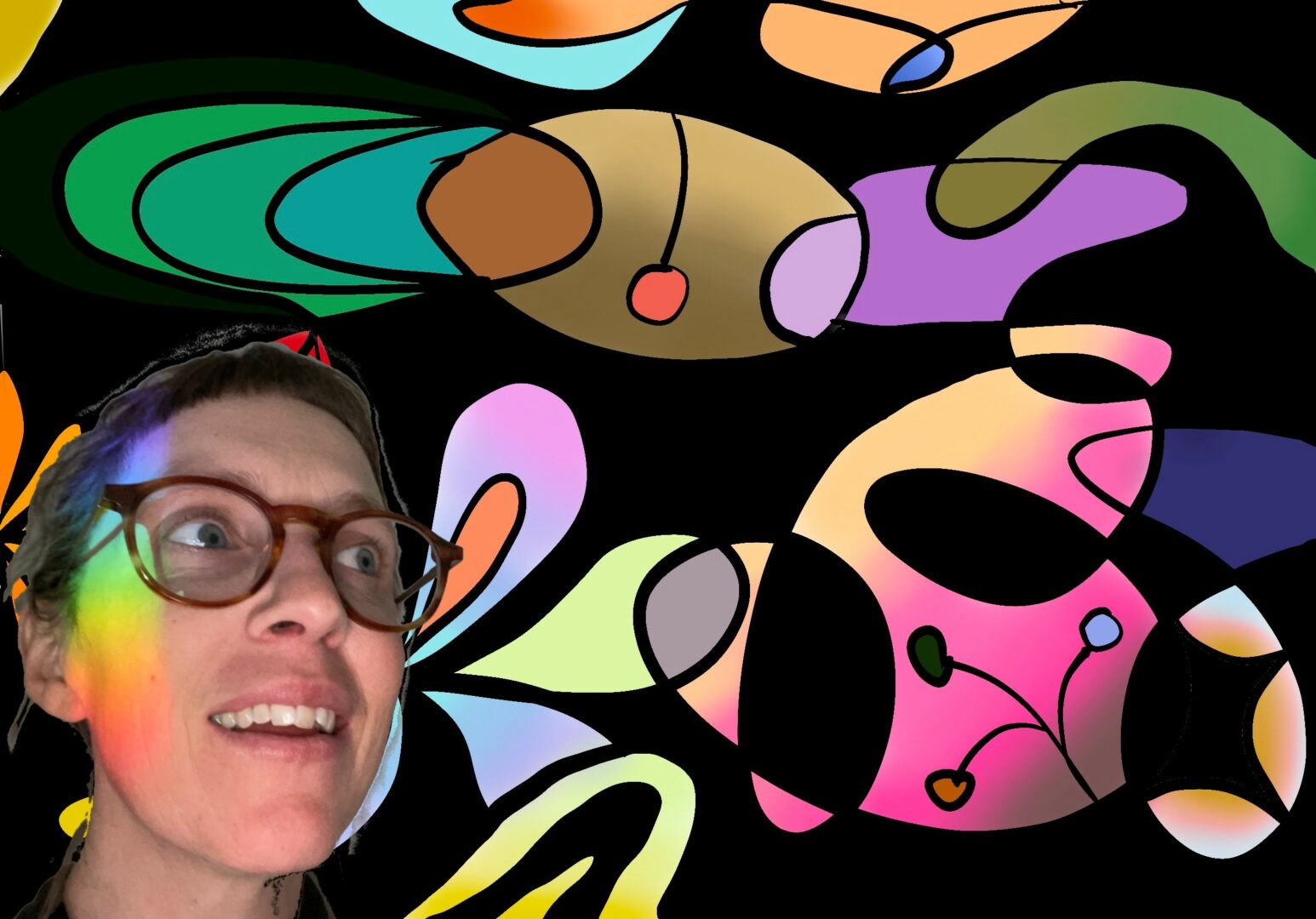Alright – so today we’ve got the honor of introducing you to Dylan Yvonne Welch. We think you’ll enjoy our conversation, we’ve shared it below.
Dylan Yvonne, first a big thank you for taking the time to share your thoughts and insights with us today. I’m sure many of our readers will benefit from your wisdom, and one of the areas where we think your insight might be most helpful is related to imposter syndrome. Imposter syndrome is holding so many people back from reaching their true and highest potential and so we’d love to hear about your journey and how you overcame imposter syndrome.
I found an art practice in the Ceramics studio at Carleton College: it was a place where time seemed to move differently, because I felt so focused and engaged and joyful. Soon after graduating from college, I worked at an elementary after school program in my hometown, El Cerrito, California. At that point, I was doing some drawing, but I didn’t think of myself as an artist. Don’t artists work in a flurry of activity, creating masterpiece after masterpiece? I did, however, love coming up with collaborative art-based activities. What the kids made always surprised and delighted me. At one point, I mentioned that I made art while the kids were working on a project. “You’re an ARTIST?” One of them asked, incredulously. Others looked on, curiously. Though I hesitated, it seemed valuable to own the title at that moment. I reasoned that if they thought I was an artist, it would give them permission to think of themselves as artists, too. After all, I certainly thought of them as artists! That interaction has stuck with me for almost two decades. It was the first time I tried on the artist identity outside of college, and their unquestioning acceptance helped me give myself permission to be an artist. For these wise kids, being an artist wasn’t a comparison or like there are only so many artists allowed. I try to keep that in mind when rejections (necessarily) come, when making time and space to make art feels especially challenging, and when I see people doing AMAZING things. The more amazing artists there are, the more interesting stuff being made in the world, it’s a win for all of us!
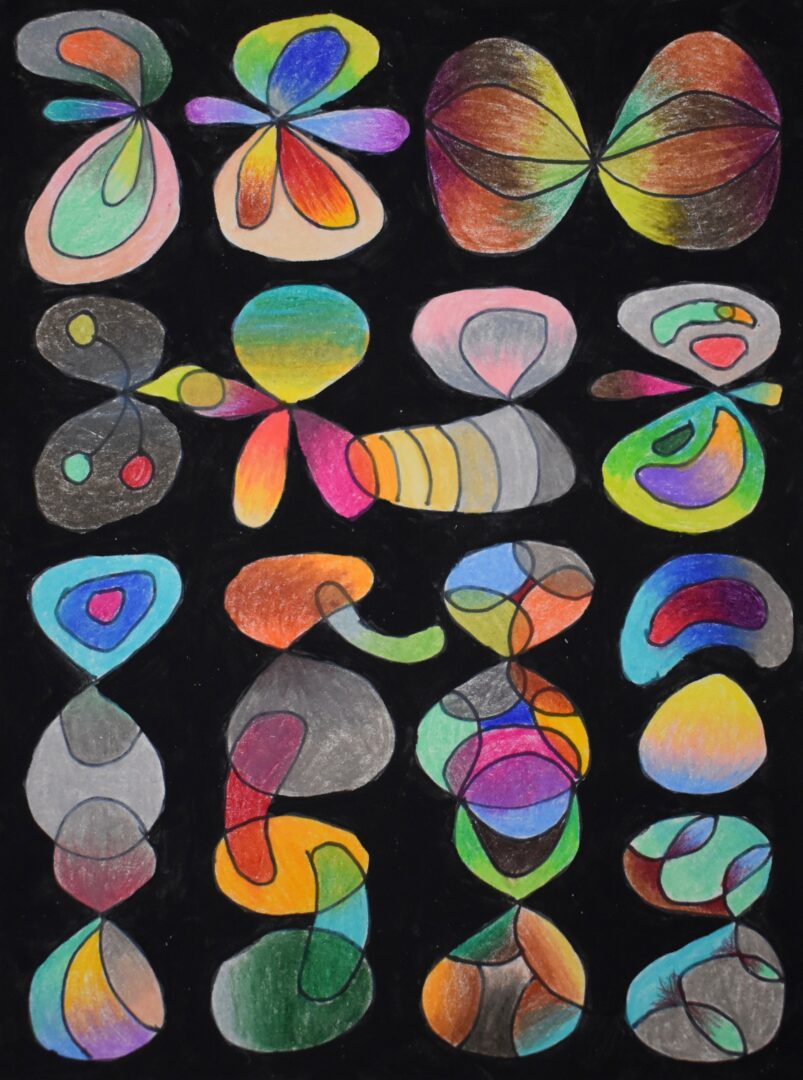
Great, so let’s take a few minutes and cover your story. What should folks know about you and what you do?
I participate in community, social justice art making at Spill Paint Not Oil studio in Minneapolis/St Paul, Minnesota. If you would like to contribute to the excellent work of this art collective, please find us at spillpaint.org
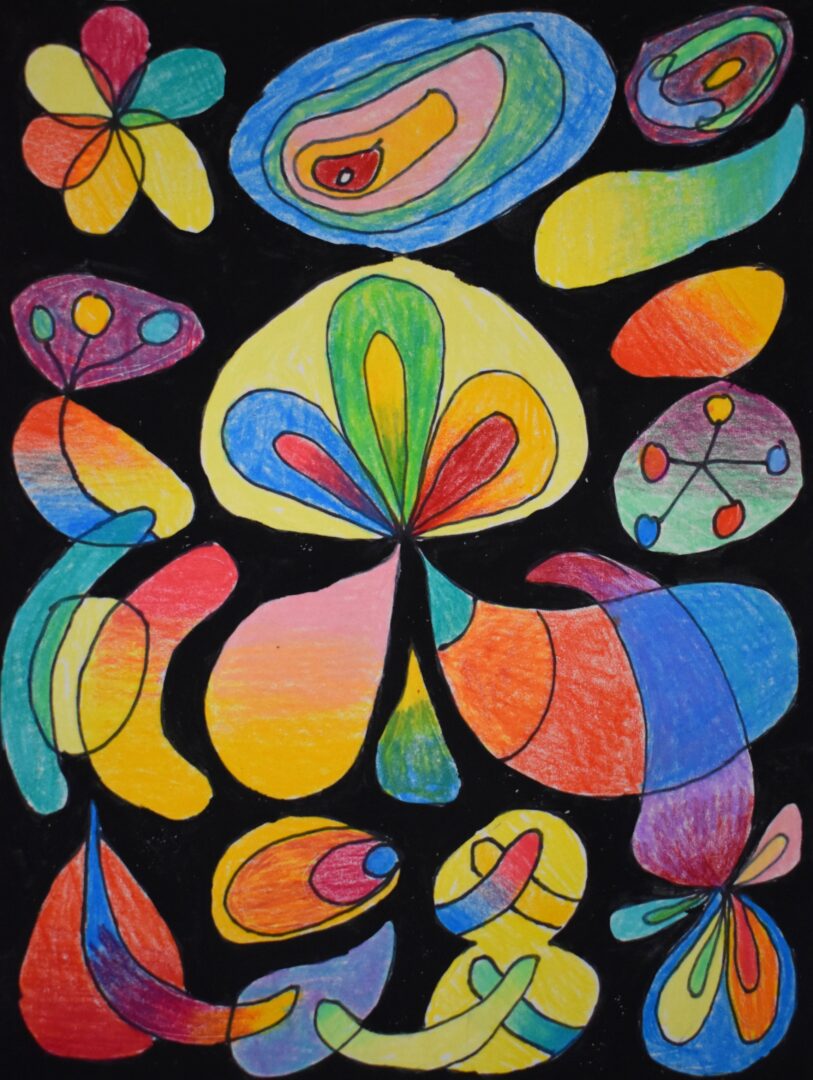
There is so much advice out there about all the different skills and qualities folks need to develop in order to succeed in today’s highly competitive environment and often it can feel overwhelming. So, if we had to break it down to just the three that matter most, which three skills or qualities would you focus on?
I can’t say it better than artist and activist, Corita Kent. Here are 3 rules (picked from 10 – Google her rules for all 10!) she had for students and teachers (so basically all of us, at any stage of life):
RULE FOUR: Consider everything an experiment.
RULE SIX: Nothing is a mistake. There’s no win and no fail, there’s only make.
RULE SEVEN: The only rule is work. If you work it will lead to something. It’s the people who do all of the work all of the time who eventually catch on to things.
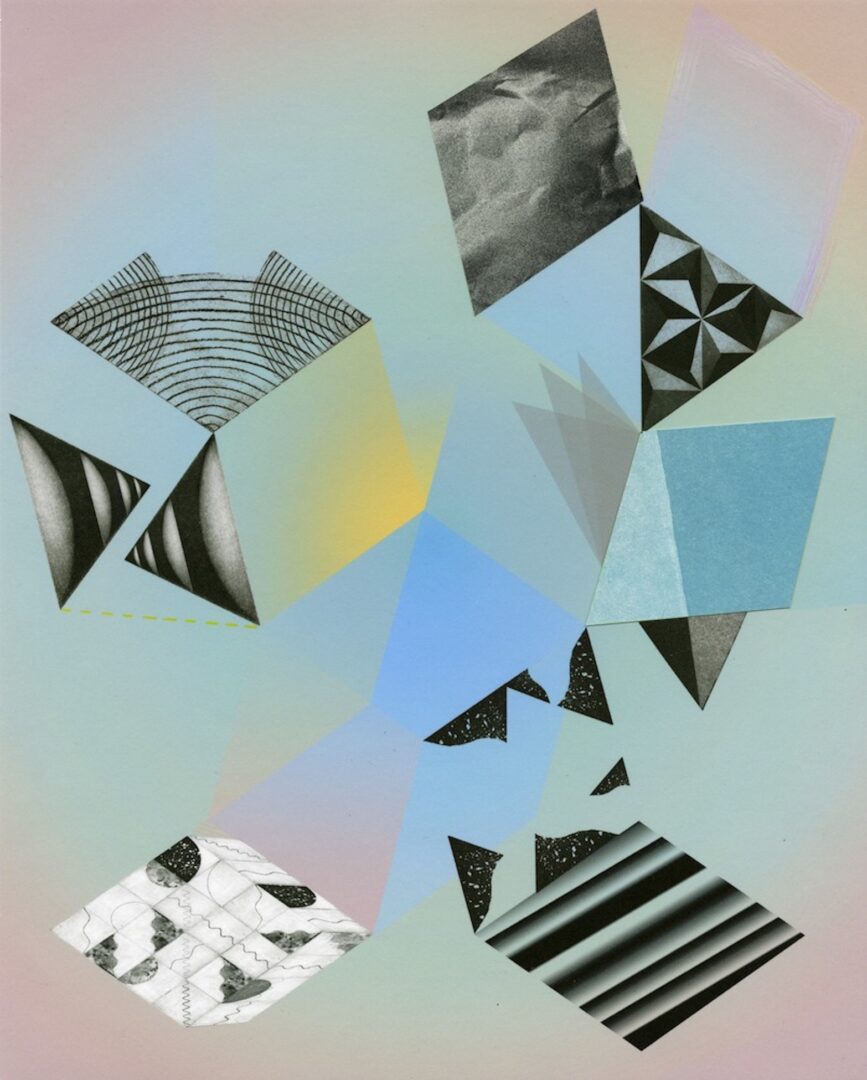
All the wisdom you’ve shared today is sincerely appreciated. Before we go, can you tell us about the main challenge you are currently facing?
I have 2 young children and am in my second year of teaching full-time. I struggle to make time to do all the things that make me feel joyful and fulfilled. I am currently clearing out dedicated space in my basement for a creative practice. I am also beginning the Artist Way (book/self-guided course by Julia Cameron) to reinvigorate and reconnect with a creative practice.
Contact Info:
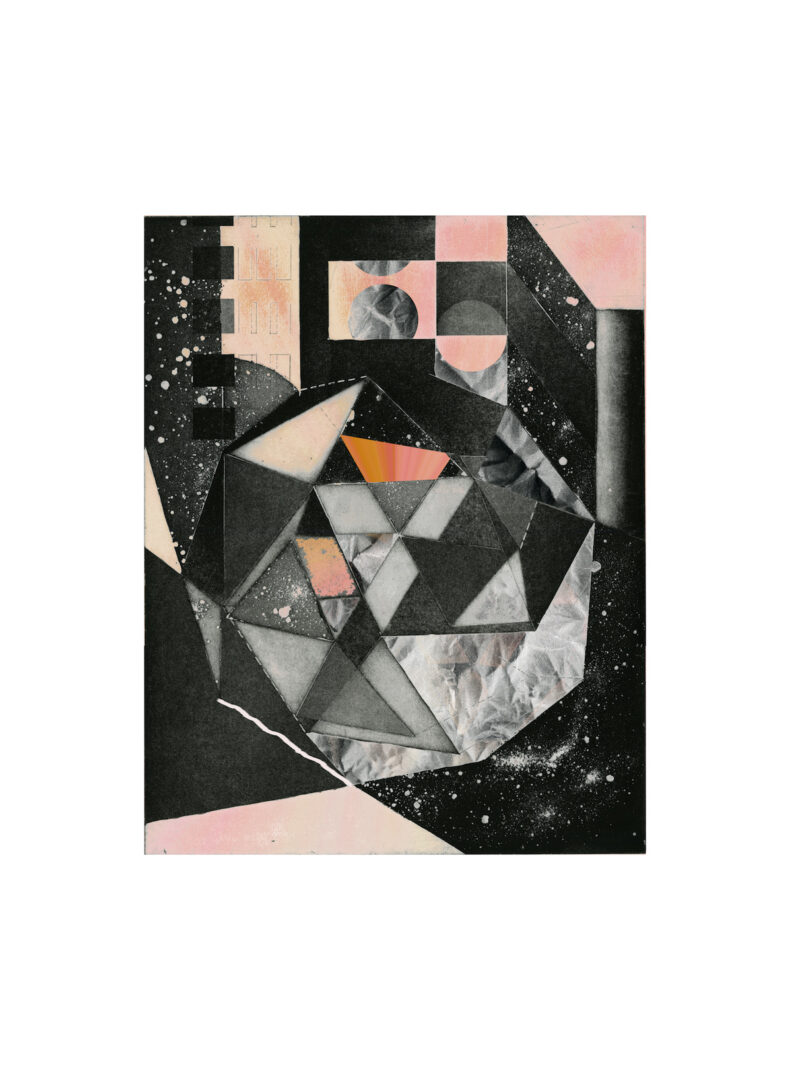
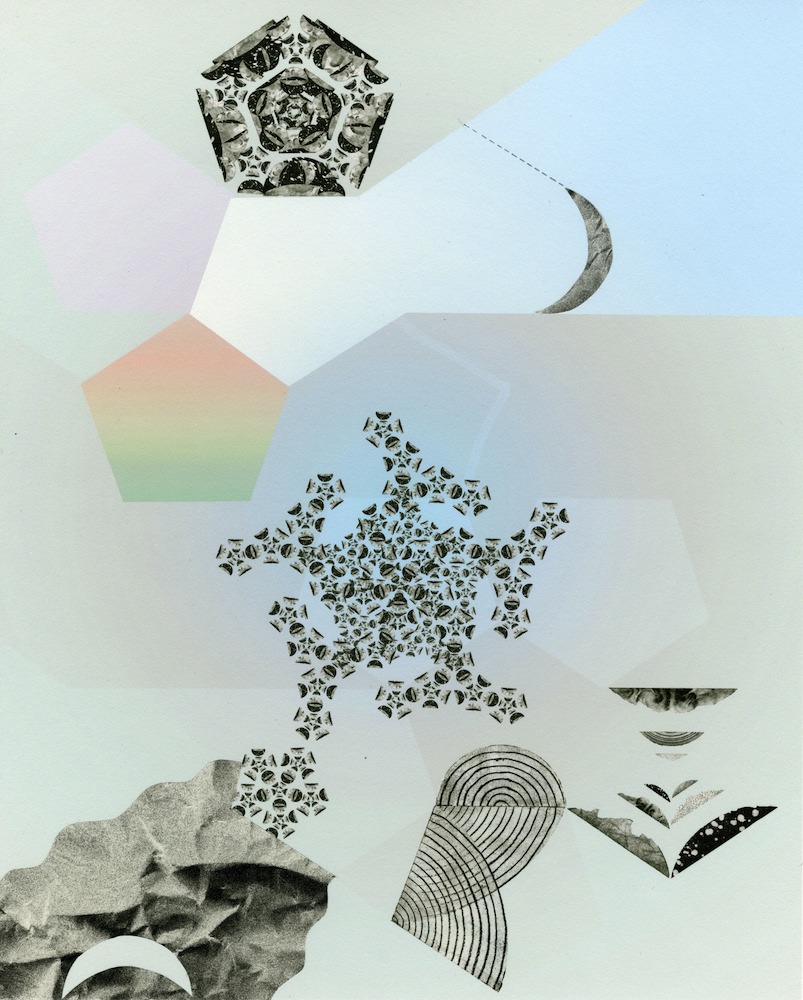
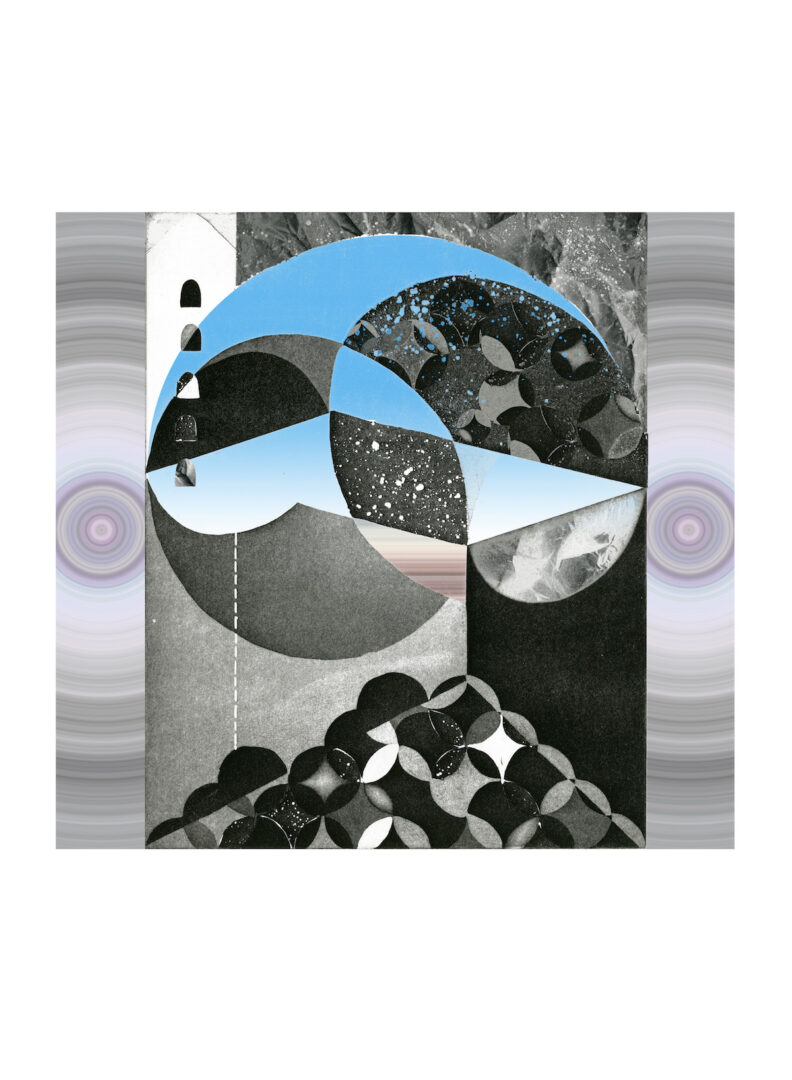
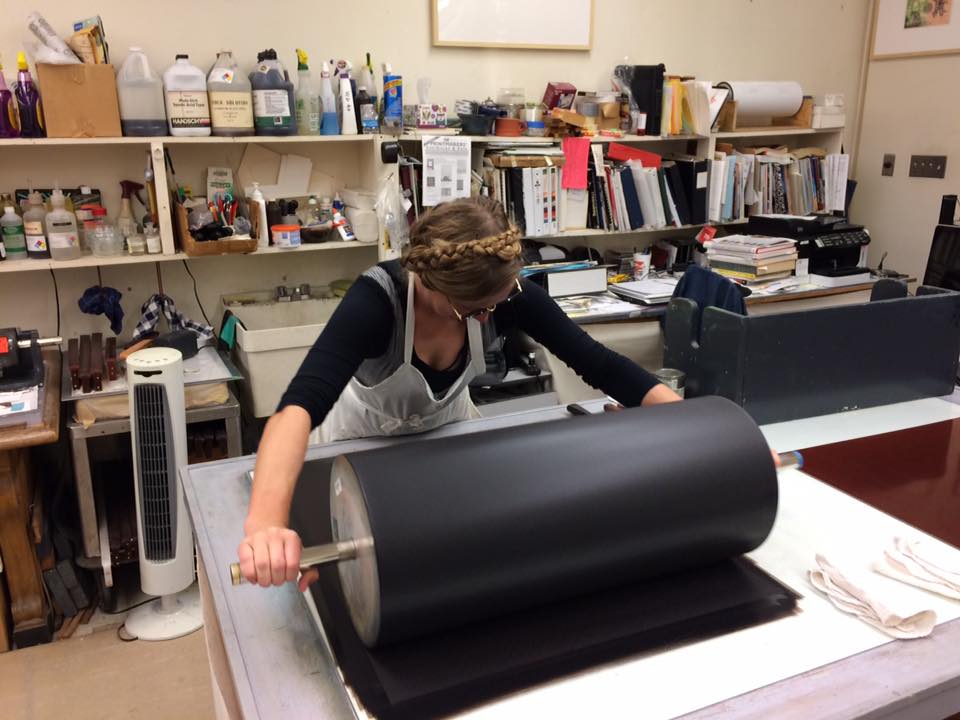
so if you or someone you know deserves recognition please let us know here.

